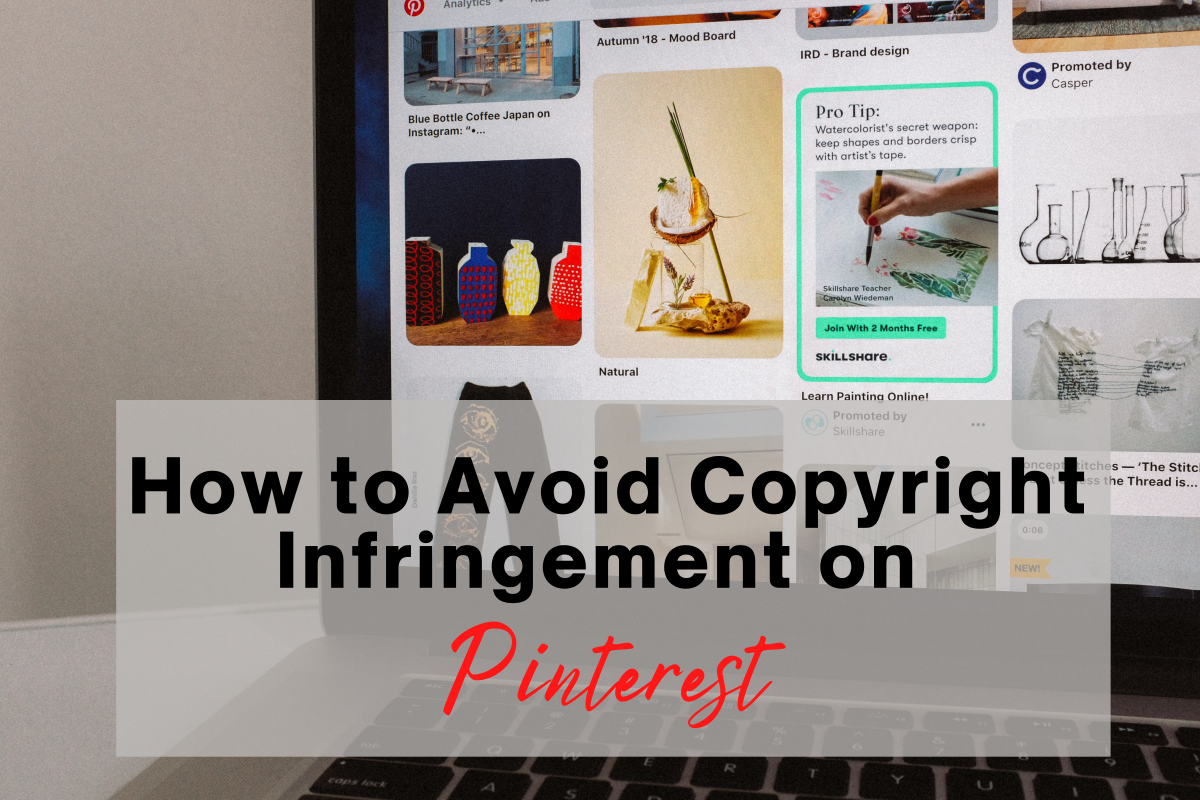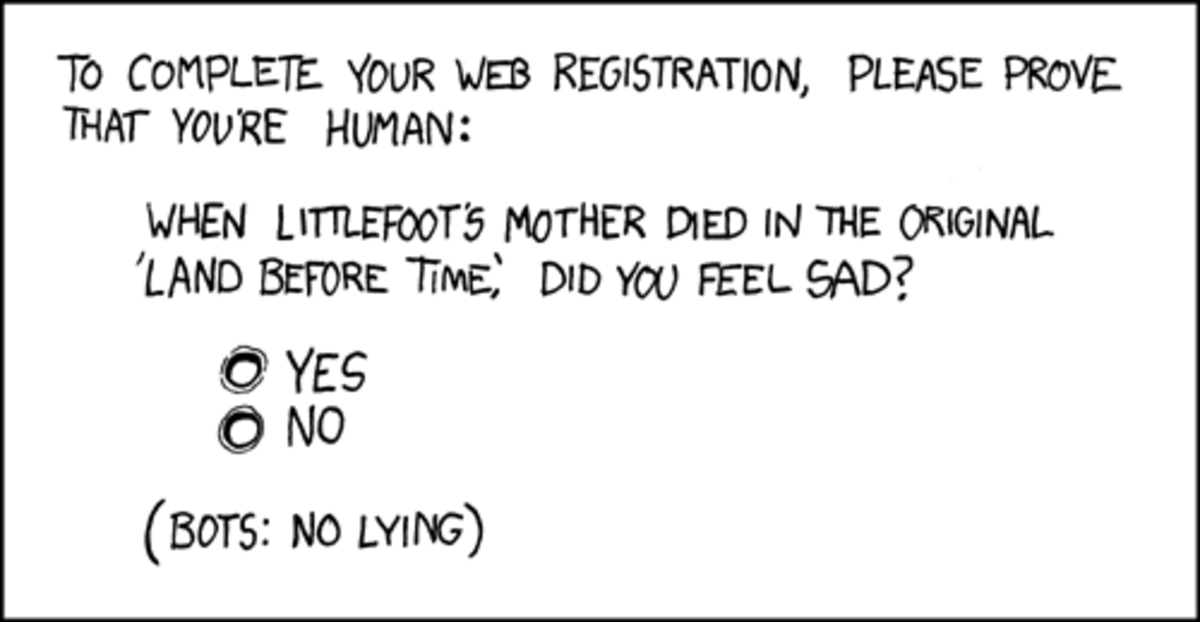Digital Legacy: Who Owns It After a Loved One Dies?
When a loved one dies, it is always weird to experience things, usually technology items, that make them seem alive. For instance, when my mother died, we were at her place when the phone rang. Before anyone could answer, the answering machine went off and with it her voice and her promise to call them back. How many times had I heard this? Annoyed with it? Yet, this time it was eerie. She would never return the call. I would.
What about loved ones who have a large digital presence on Facebook, Twitter, blogs and a host of other things. Who owns their digital presence? The survivors? Family members? What about the photos on those sites?
Most websites do not allow family members to retrieve passwords allowing them to access the loved ones site. They usually will not provide the password to family members. They usually cite that it violates their company policy and the deceased privacy. Privacy in death? Really?! Many websites will freeze the account for no access.Should the family of the deceased have access to their account and be able to save it, thus, saving a part of them and contact their friends? What if the deceased had password protected files or sites, should they be deleted by the ISP or company or should the deceased family access them? Maybe the deceased still retain privacy, maybe, they had a password for a reason.. There are laws forbidding a company to provide passwords and account info with the permission of the owner, but a owner that is now dead is a problem.
At Yahoo and others, the policy is once a death certificate is received, the account is closed and deleted. There is no providing access to the account to mine through personal things left behind like photos, blogs or anything. To avoid this, the owner of the account must specify in a will or estate that upon their death the passwords and all items in the digital accounts belong to those listed. Hotmail is the same. Facebook sees the issue daily, last year, over 500,000 members died. They have gone to court numerous times to prevent loved ones from gaining access to deceased members and have won. Only five states have passed laws saying that the digital presence of a deceased user will go to the relatives. Federal law is strict about not allowing access to these accounts, while State laws seem to favor the opposite.








